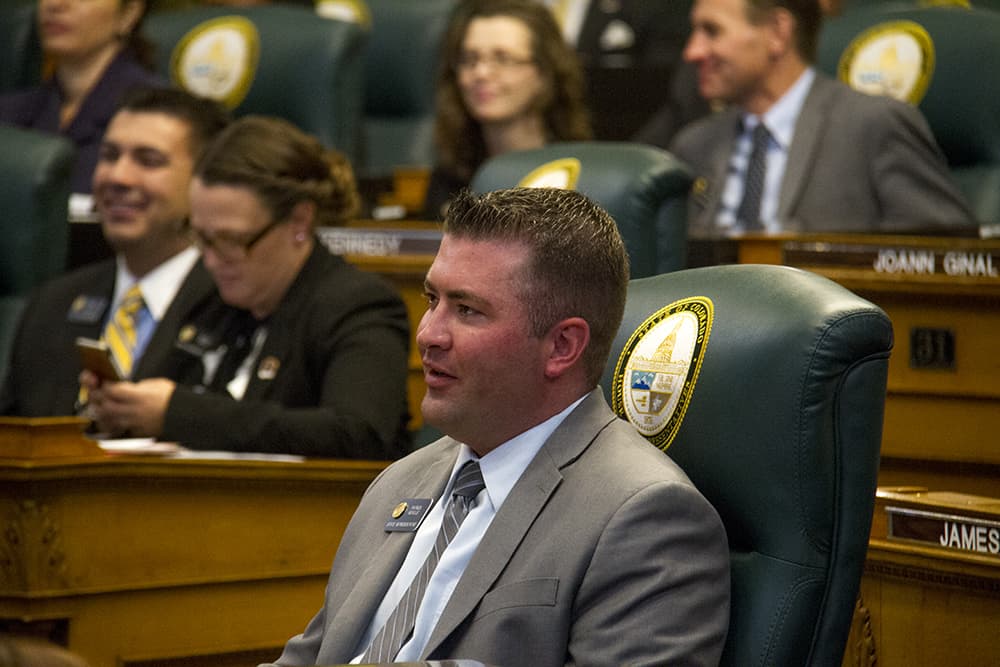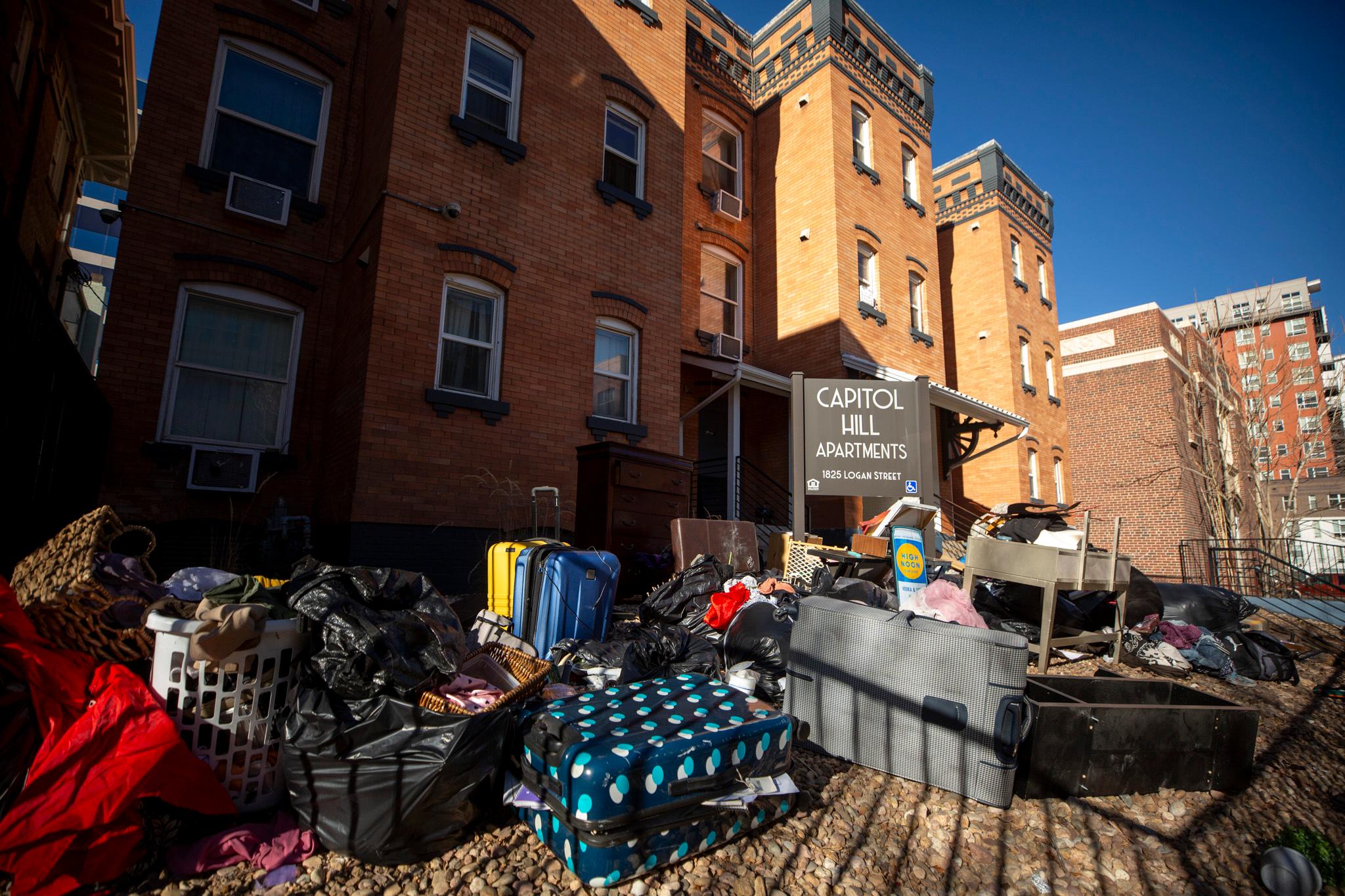By Kristen Wyatt, Associated Press
A Colorado proposal to expand oversight of police who take a citizen's property has been defeated after intense resistance from law enforcement.
A Republican Senate committee rejected the bill 3-2 Wednesday.
The measure would have added reporting requirements of how much money Colorado police departments are taking from citizens through civil asset forfeiture. It also would have prevented police agencies from turning property over to the federal government unless it's worth more than $50,000.
Sponsors insisted that law enforcement could still use asset forfeiture to pad their budgets and fight crime, but they said Colorado has inadequate safeguards against abuse.
"Forfeiture is a legitimate government function," said Sen. Tim Neville, R-Littleton. But he said the practice allows police "to combine the purse and the sword" and that elaborate safeguards are in order.
But a parade of law enforcement officers testified against the bill and succeeded in shutting it down.
"We don't just run around willy-nilly seizing people's property," said El Paso County Sheriff Bill Elder.
Others argued that the reporting requirements would unduly tangle police trying to investigate crimes.
"This bill is unreasonable because it does not take into account how investigations actually take place," said Colorado Springs Cmdr. Thor Eells.
Colorado passed a law in 2002 saying that police could seize assets only after criminal conviction, with few exceptions. Tom Raynes of the Colorado District Attorneys' Council said that improper asset seizures are "mostly urban legends."
But forfeiture without a conviction still occurs, if local police are working with the federal government.
"This urban legend that you're talking about happened to my family," said Burt Wagner, a Boulder County Bitcoin dealer who says he lost about $250,000 worth of cash and equipment in a raid for which charges were later dropped.
Wagner said he has been unable to discover how much of that seizure went to local authorities, or what they did with it.
Still, lawmakers on the panel sided police officers who called the additional oversight unnecessary.
"I think it discourages effective law enforcement," said Sen. Bob Gardner, R-Colorado Springs.













